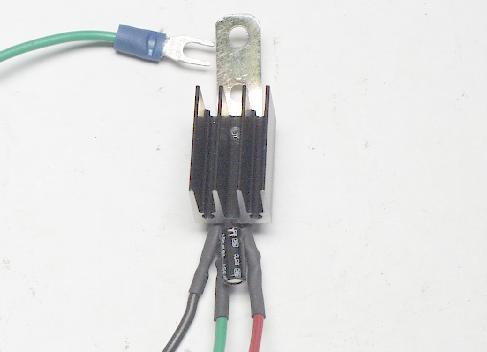Wollfen
Old Man with a Hat
I have been watching my gauges on the Plymouth GT while driving it and can see that the temp gauge reads almost on full hot and the car is not boiling. Also the gas gauge reads less than a quarter with half a tank of gas, so I'm thinking its the regulator that screws to the back of the instrument cluster, anybody concur? Also where do I get one of those?



















